We're loading the full news article for you. This includes the article content, images, author information, and related articles.
As the Orange Democratic Movement navigates a seismic leadership transition, the late Raila Odinga's widow, Ida, is emerging as a pivotal behind-the-scenes force, championing party reforms amid a fierce succession battle that positions her daughter Winnie against established party veterans.

NAIROBI – In the intricate and often turbulent theatre of Kenyan politics, the Orange Democratic Movement (ODM) is facing its most critical juncture since its formation. Following the death of its charismatic leader, Raila Odinga, on Wednesday, October 15, 2025, a profound leadership vacuum has emerged, triggering a high-stakes contest for succession. Amid the public jostling among party heavyweights, sources indicate that the family matriarch, Mama Ida Odinga, is playing a quiet but influential role in shaping the party's future, reportedly favouring a new generation of leadership and a competitive, reform-oriented transition.
While she has not made extensive public declarations, Ida Odinga's presence at key party meetings, including a Nyanza delegates conference at the family's Bondo home on Friday, October 24, 2025, signals her deep involvement in the ongoing recalibration. Her long history as a steadfast advisor to her late husband and a respected figure in her own right—as an educator, activist, and founder of the League of Kenya Women Voters in 1991—lends her significant moral authority within the party's ranks.
Central to the succession narrative is the increasing prominence of her youngest daughter, Winnie Odinga. An East African Legislative Assembly (EALA) MP since November 2022, Winnie has become one of the most vocal proponents for a revitalised ODM. During the party's 20th-anniversary celebrations in Mombasa on Friday, November 14, 2025, she delivered a fiery speech, declaring that ODM was "born from protest and raised in resistance" and would not be "for sale." Her supporters view her as a dynamic figure capable of connecting with the youth, a critical demographic for the party. However, her ascent is also viewed with caution by critics who warn against establishing a political dynasty.
Winnie has openly challenged the party's old guard, questioning the capacity of the current interim leadership—headed by her uncle, Senator Oburu Oginga—to manage the party's complex relationship with President William Ruto's government. Her call for a National Delegates Convention (NDC) to allow members to elect a new leader has intensified the generational rift within the party.
The succession battle is not merely a family affair. It has exposed deep ideological fissures within ODM. One faction, comprising senior leaders like former governors Hassan Joho and Wycliffe Oparanya, argues for maintaining the party's position within President Ruto's broad-based government, a stance they claim was Raila's final wish. Joho, now the Mining and Blue Economy Cabinet Secretary, has warned rivals, "If you pursue me, I will pursue you," signalling a readiness to fight for his position.
Conversely, another camp, which includes Secretary-General Edwin Sifuna and Siaya Governor James Orengo, advocates for ODM to reclaim its traditional role as an independent opposition party and field its own presidential candidate in 2027. This group believes that staying in government compromises the party's identity and accountability role. The formal appointment of Oburu Oginga as party leader by the National Governing Council on Thursday, November 13, 2025, with deputies including Mombasa Governor Abdulswamad Sheriff Nassir and Kisii Governor Simba Arati, is seen as an attempt to stabilise the party, though the underlying tensions remain.
The outcome of ODM's leadership struggle carries significant weight for national politics. As one of Kenya's largest and most influential political movements, its stability is crucial for the health of the country's multi-party democracy. Political analysts warn that a fractured ODM could lead to a major political realignment, potentially weakening the opposition and altering the dynamics of the 2027 general elections. The party's ability to navigate this transition—balancing legacy with internal democracy and generational change—will determine its survival and relevance in the post-Raila era. Mama Ida's role, though subtle, may prove decisive in steering the party toward a resolution that honours its past while securing its future.
Keep the conversation in one place—threads here stay linked to the story and in the forums.
Sign in to start a discussion
Start a conversation about this story and keep it linked here.
Other hot threads
E-sports and Gaming Community in Kenya
Active 9 months ago
The Role of Technology in Modern Agriculture (AgriTech)
Active 9 months ago
Popular Recreational Activities Across Counties
Active 9 months ago
Investing in Youth Sports Development Programs
Active 9 months ago
Key figures and persons of interest featured in this article
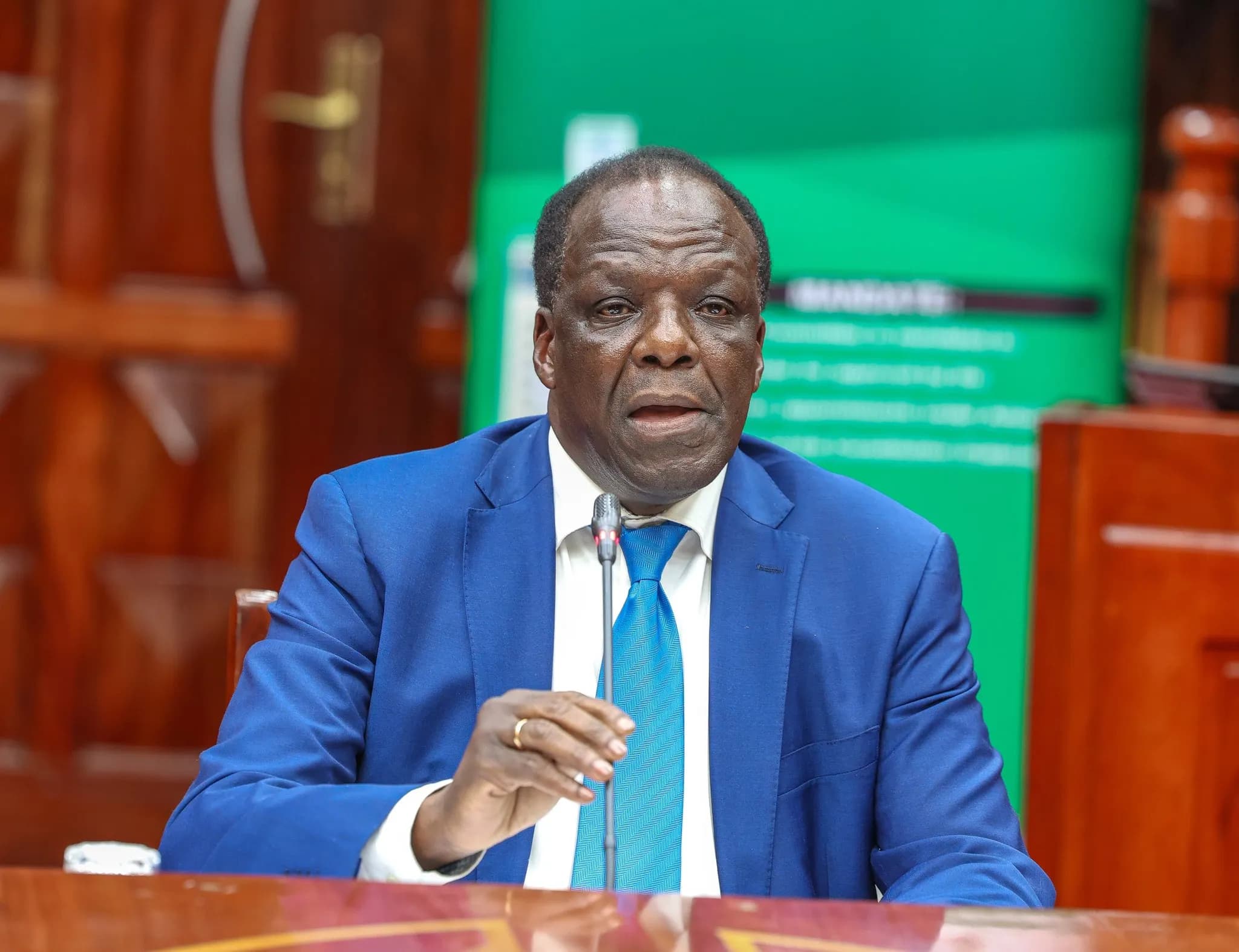
Cabinet Secretary for Cooperatives and MSME Development
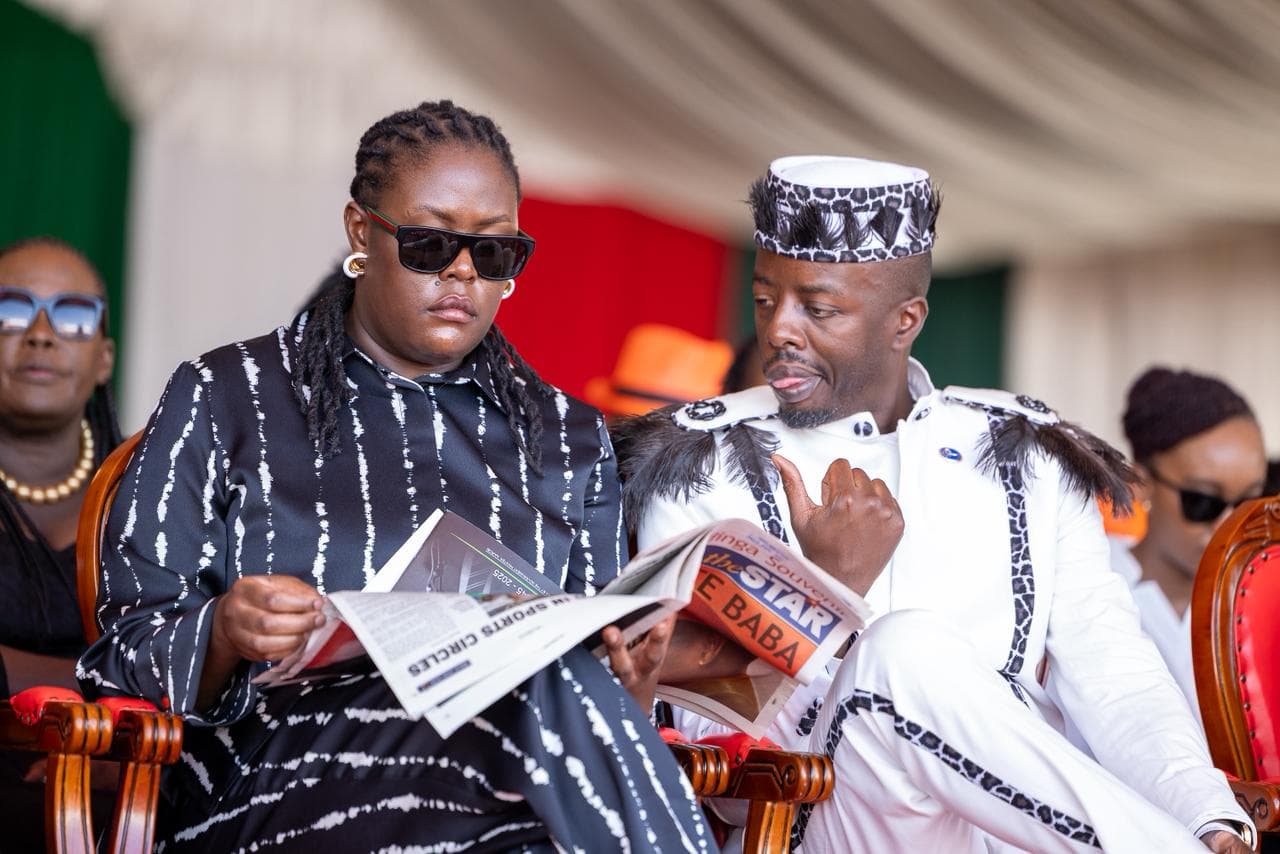
Member of EALA & Political Strategist
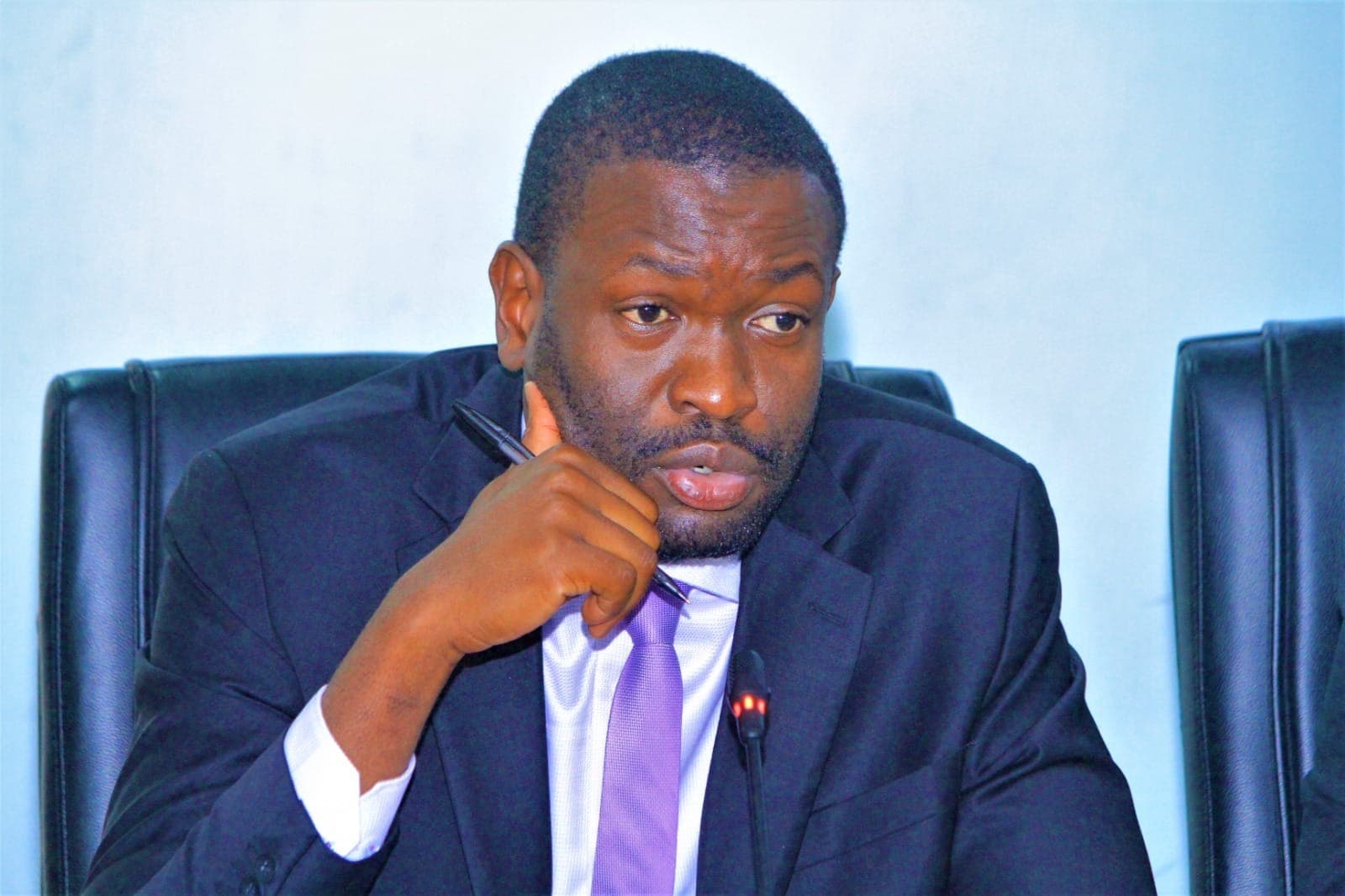
Senator for Nairobi County
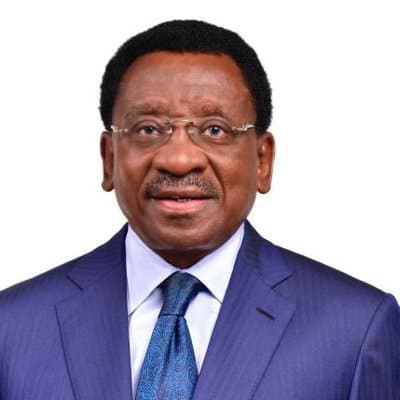
Governor of Siaya County
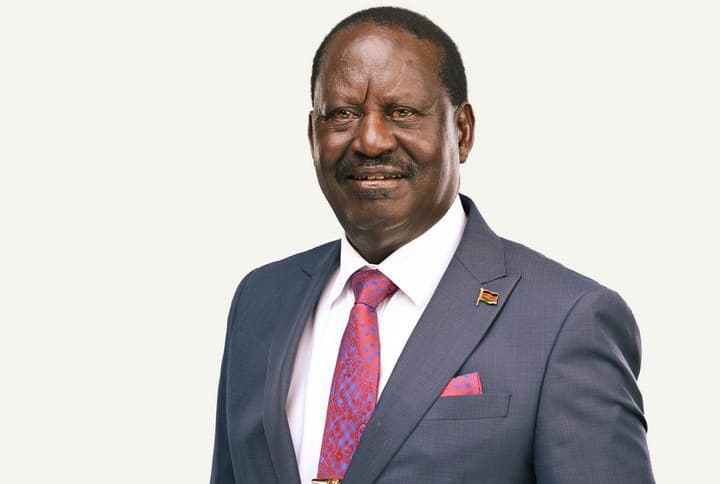
Leader of the Opposition
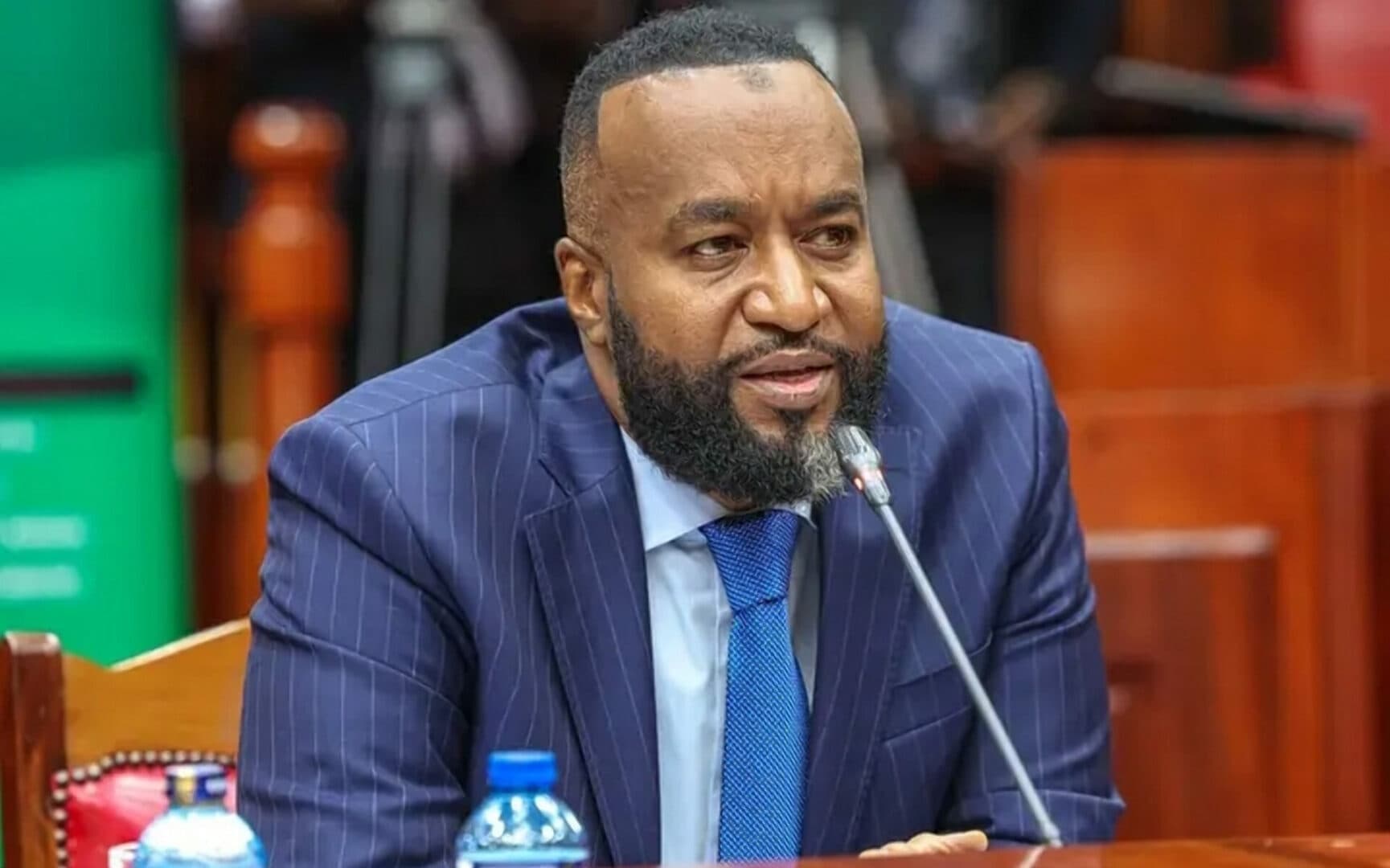
Cabinet Secretary for Mining, Blue Economy and Maritime Affairs

Governor of Kisii County
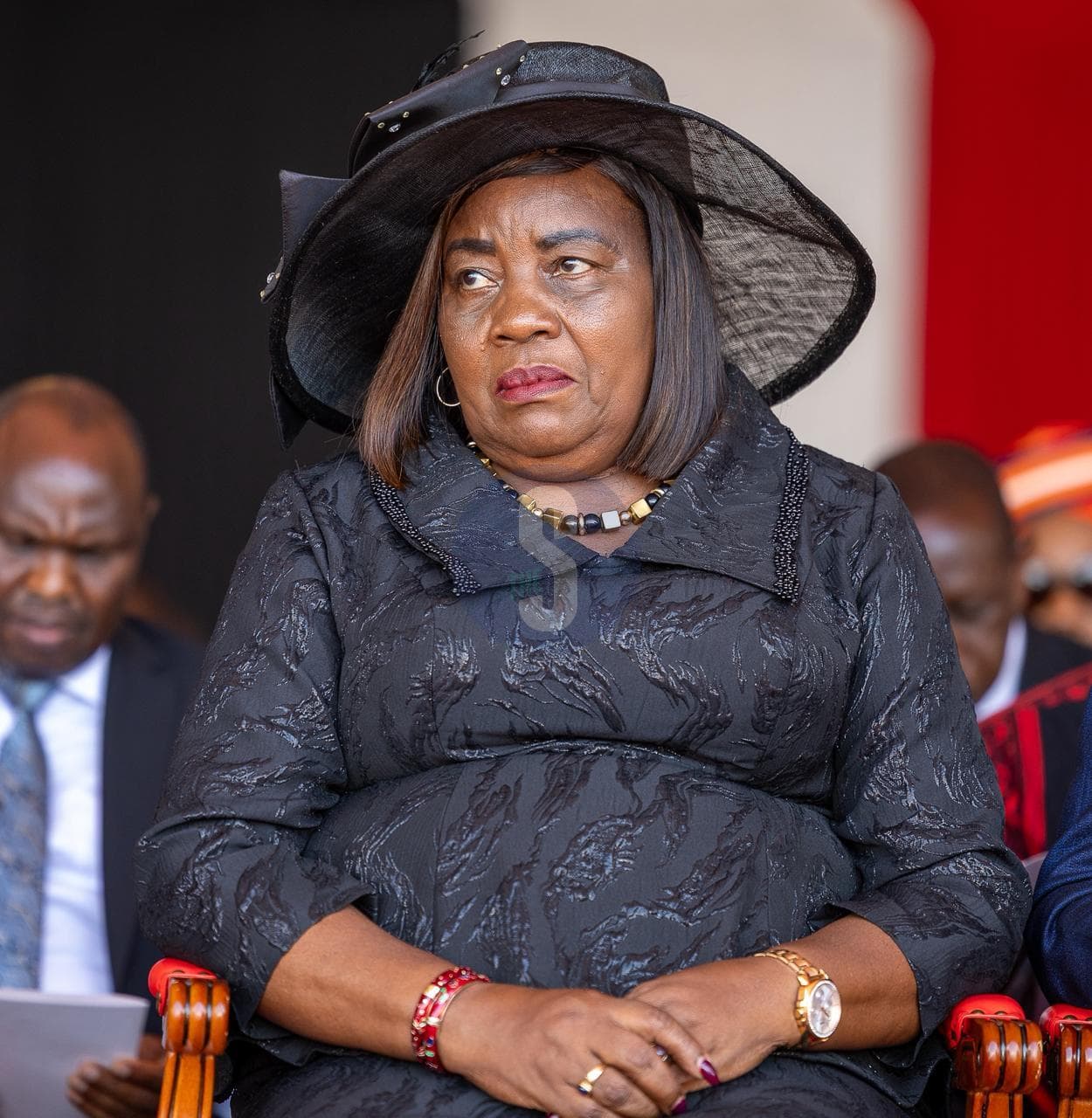
Educator, Businesswoman & Activist